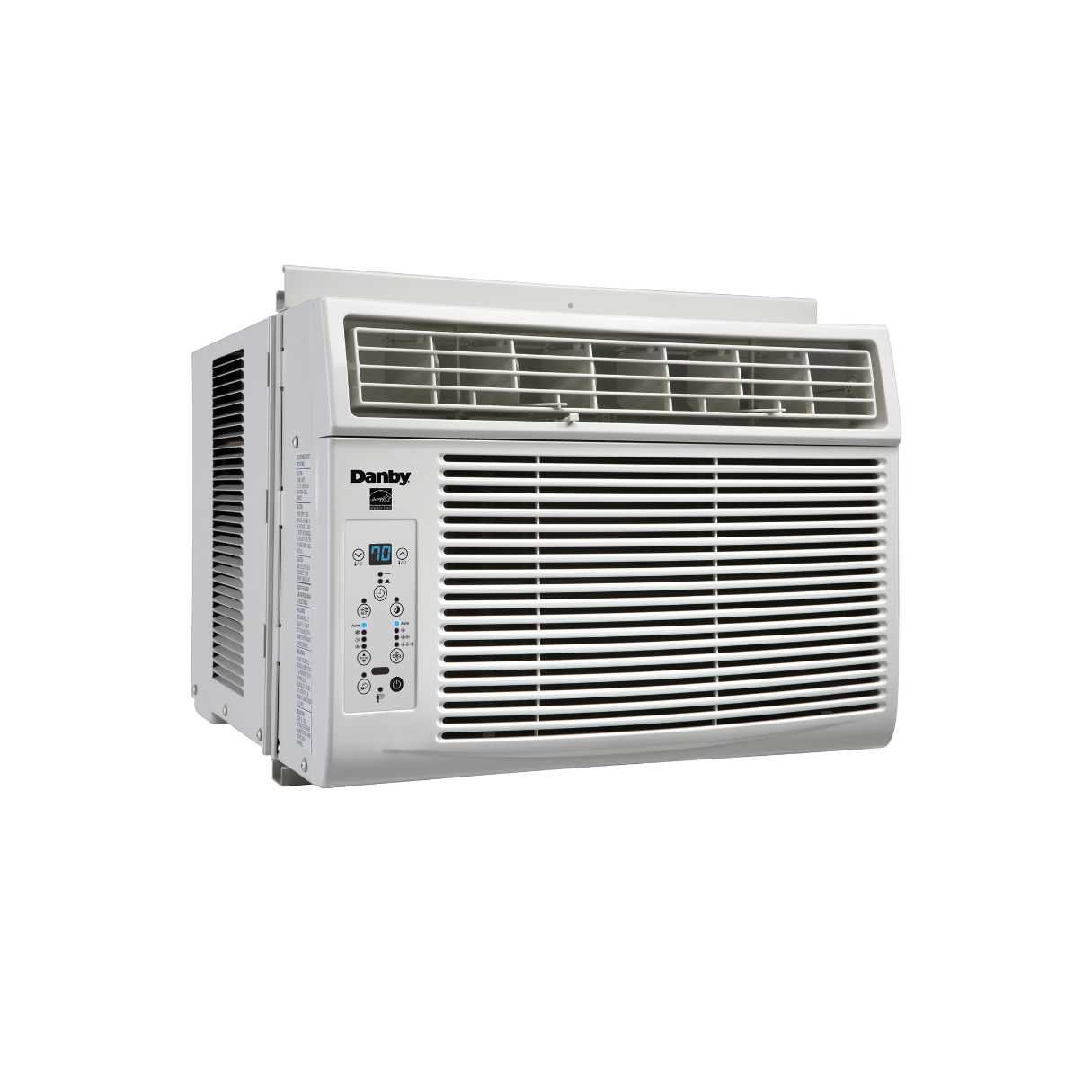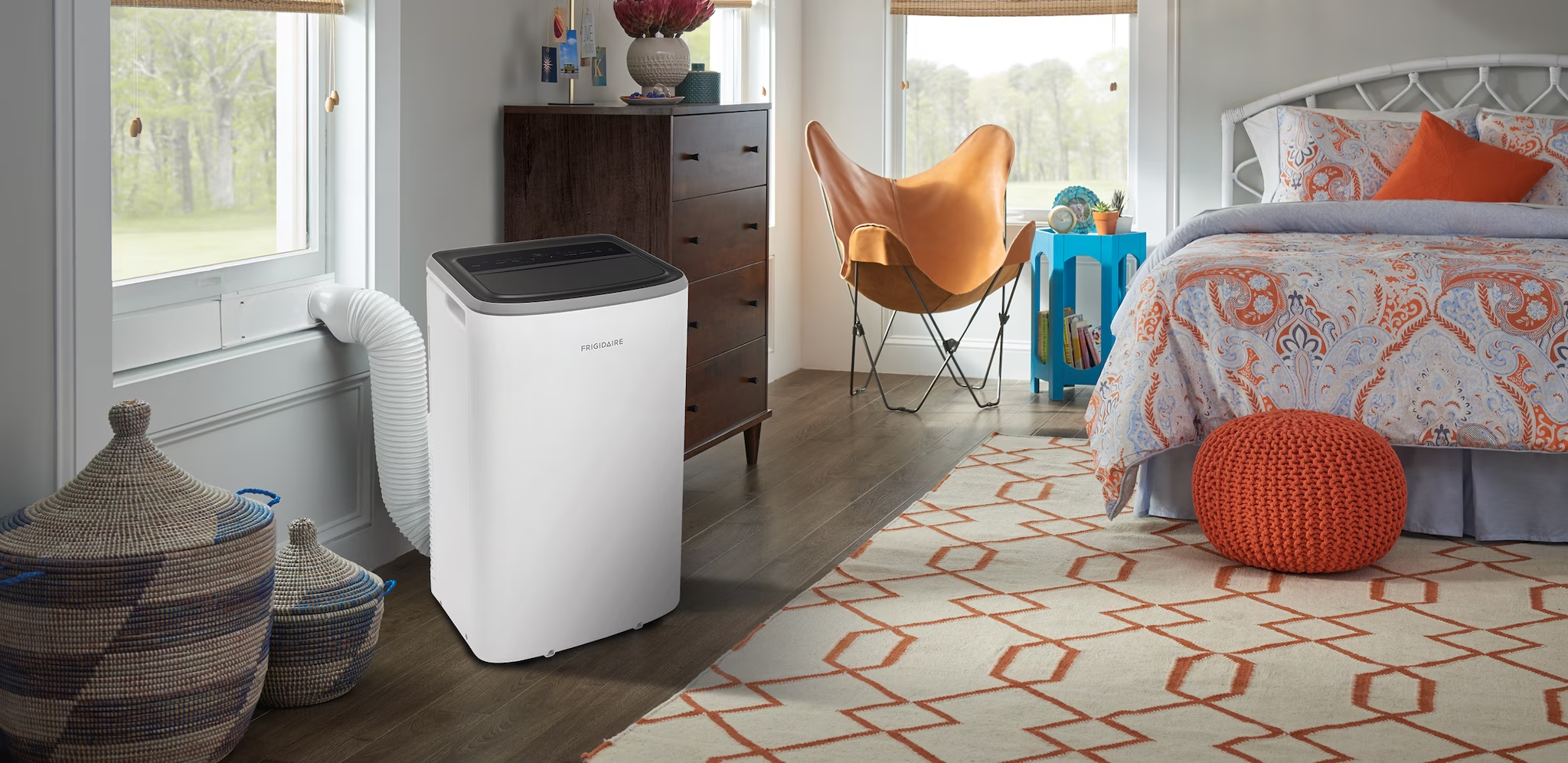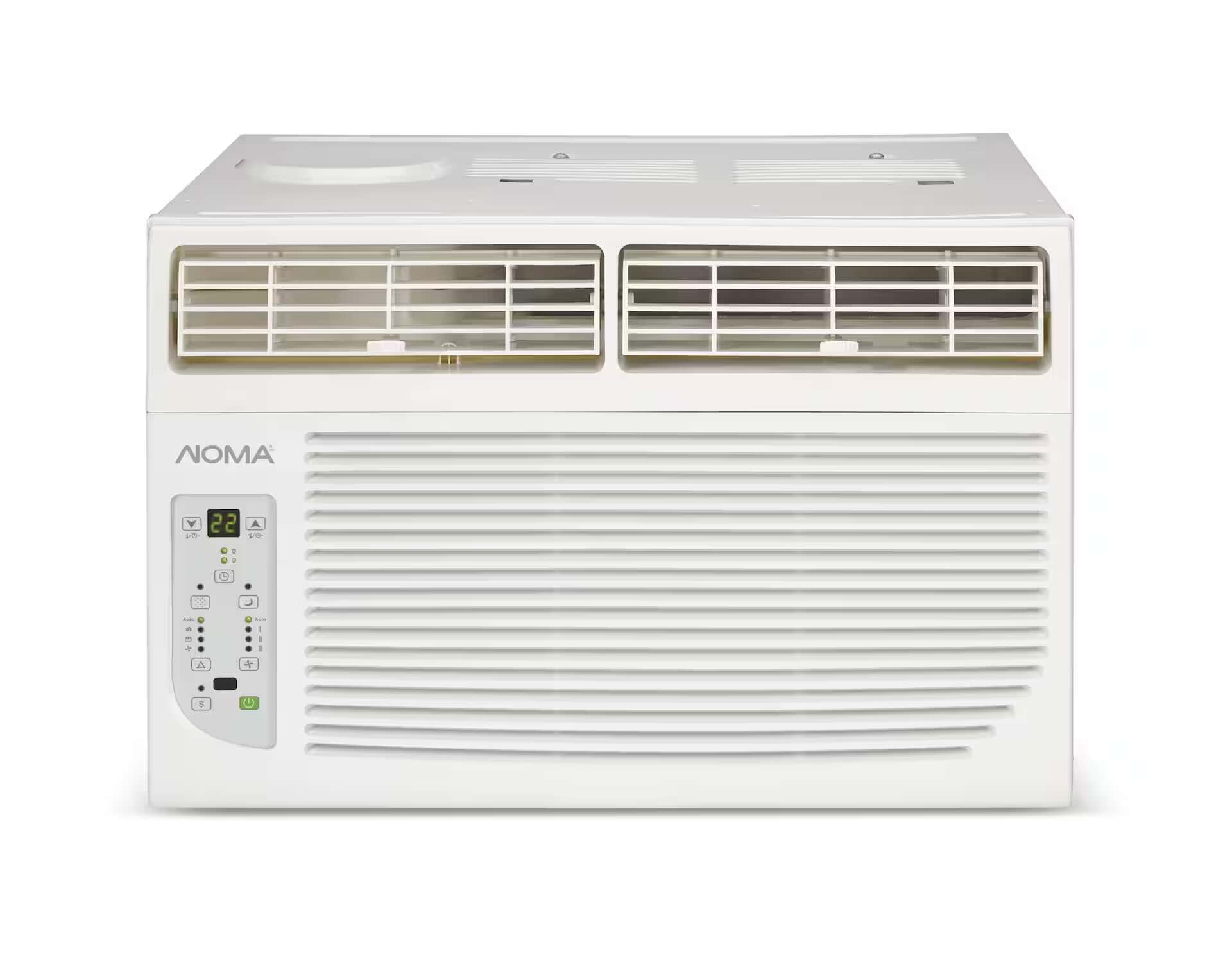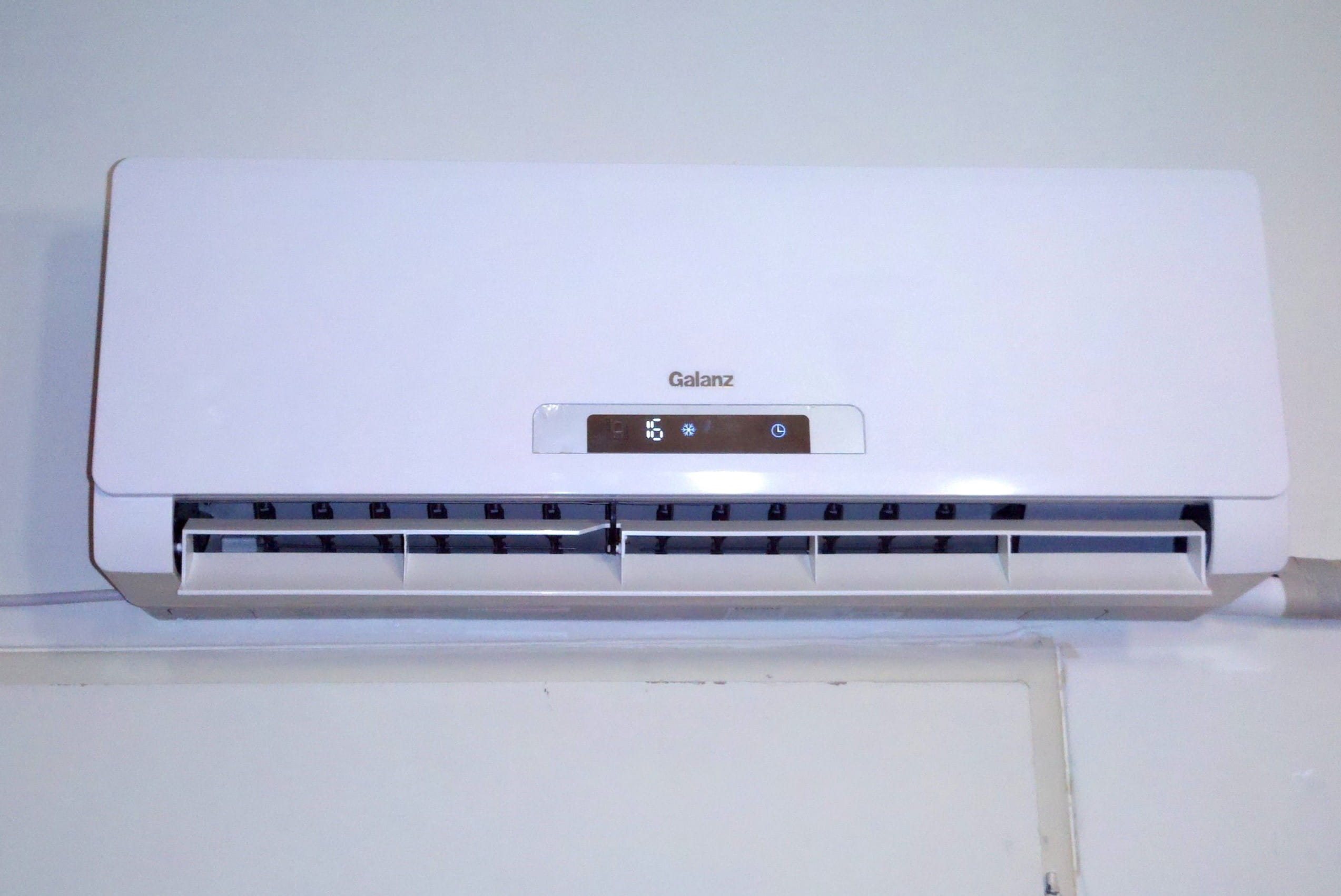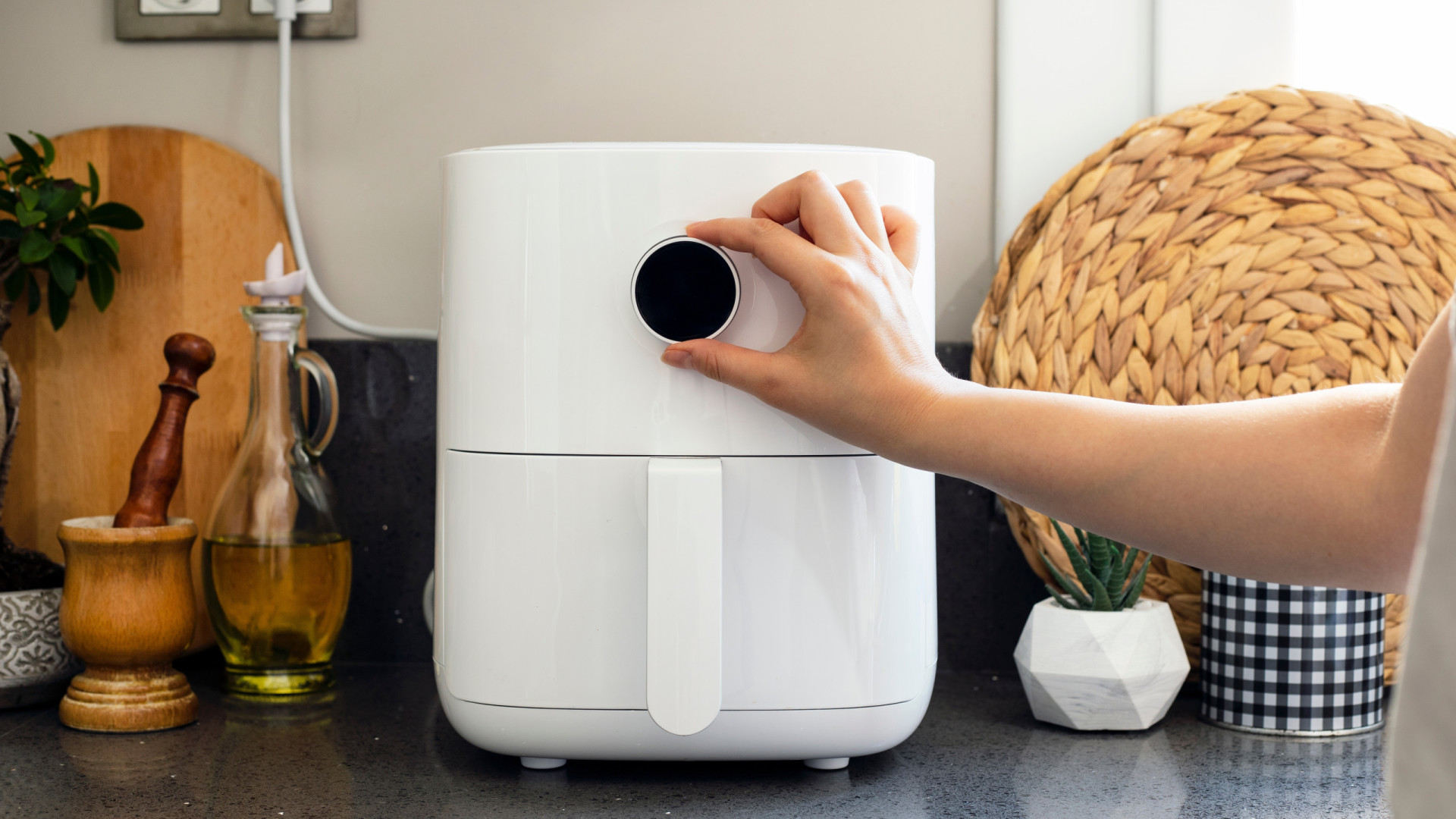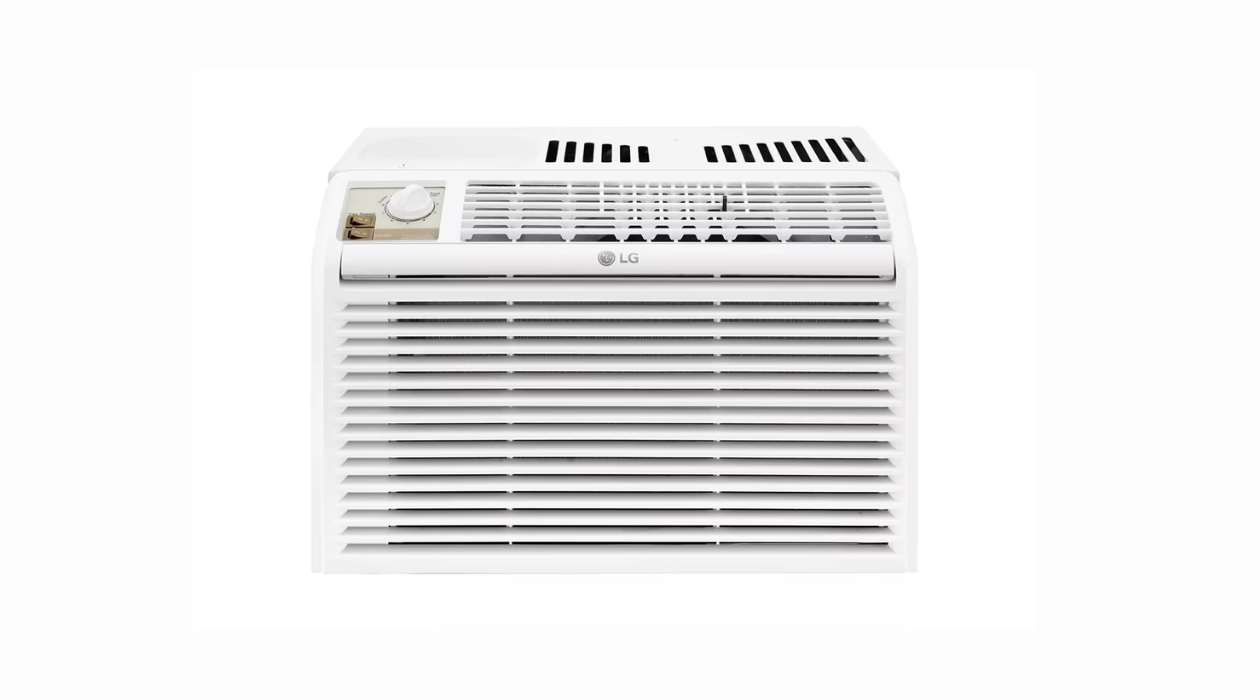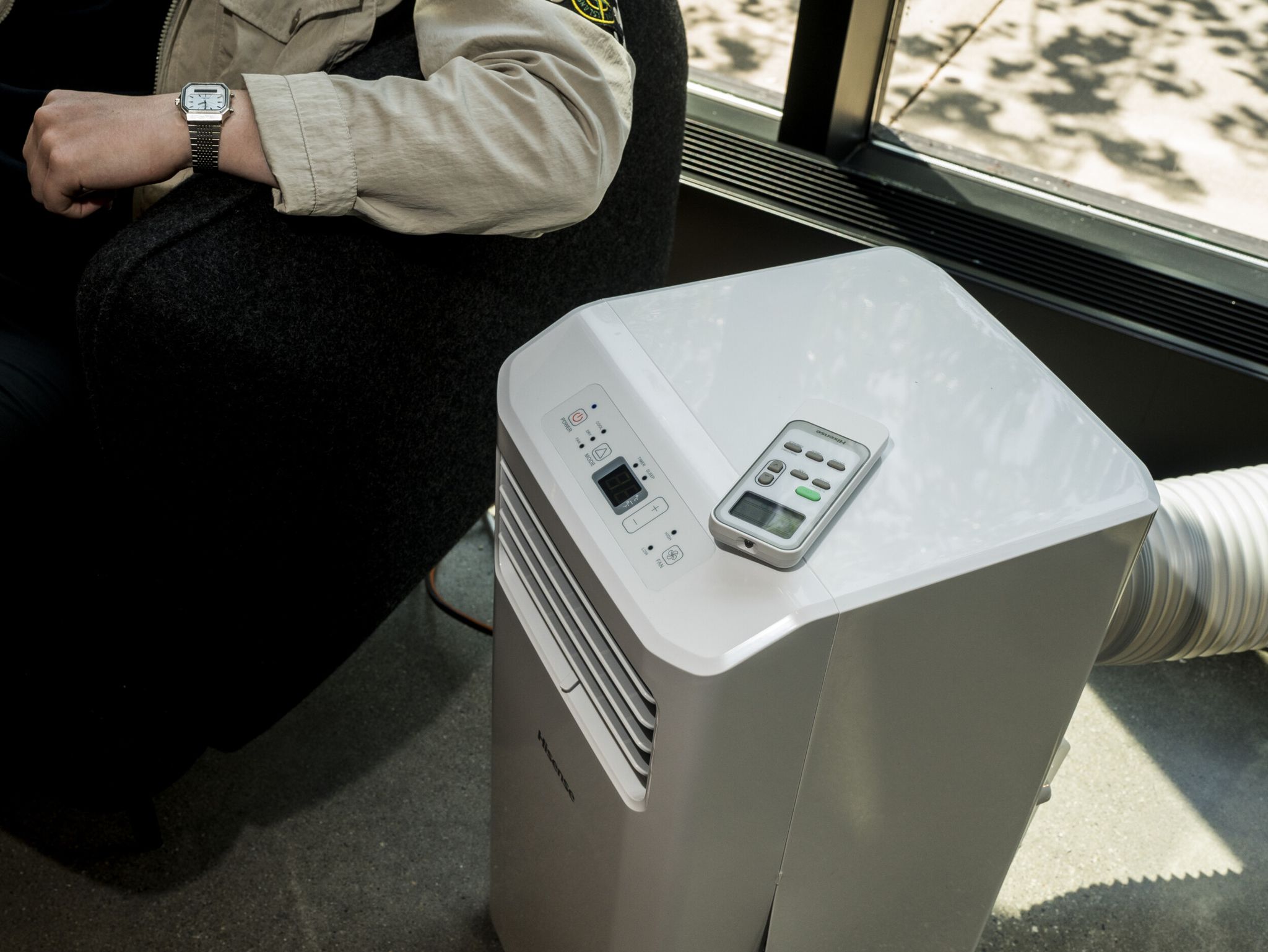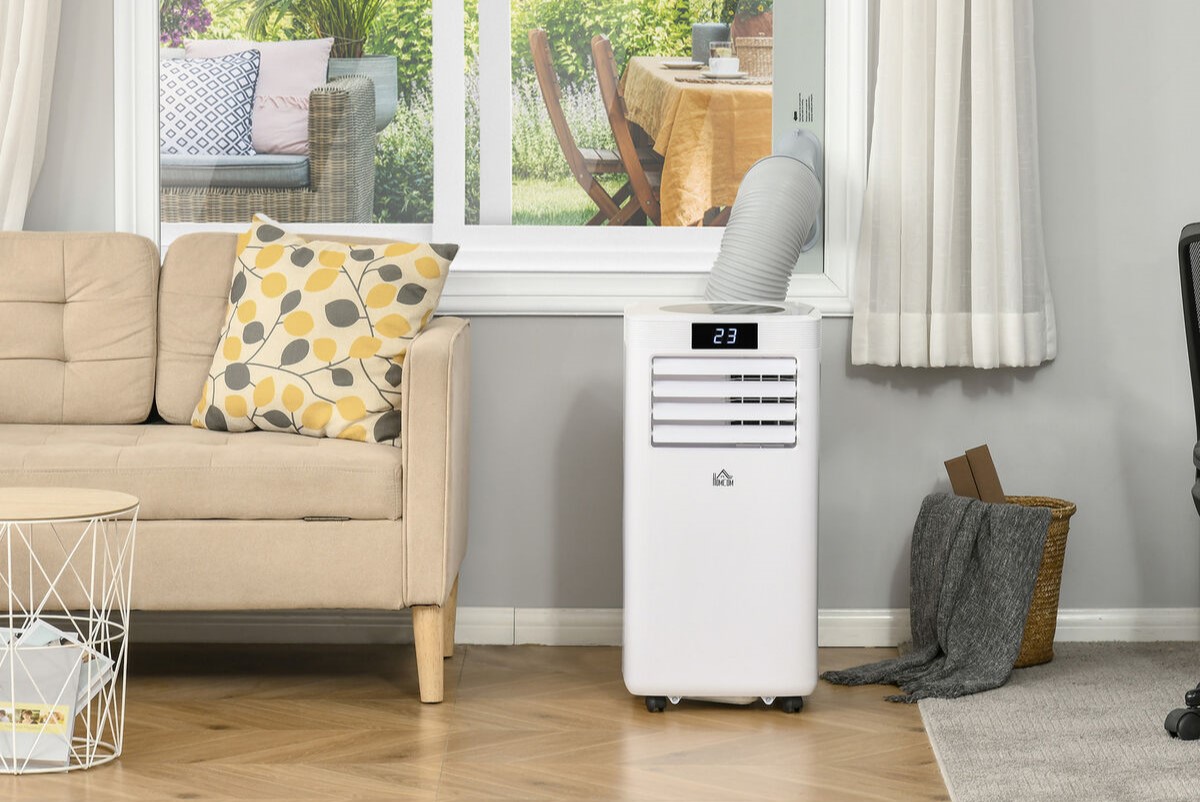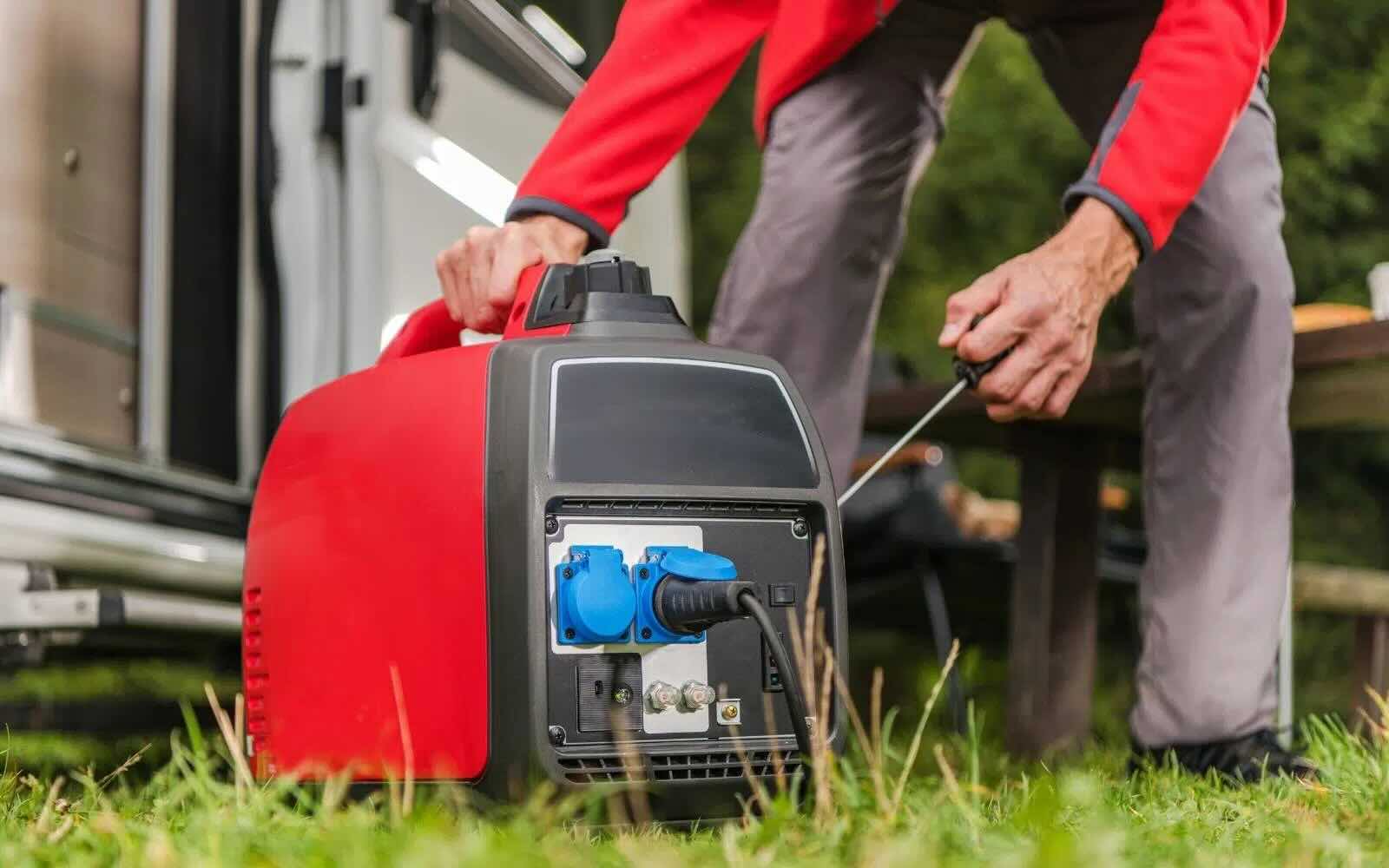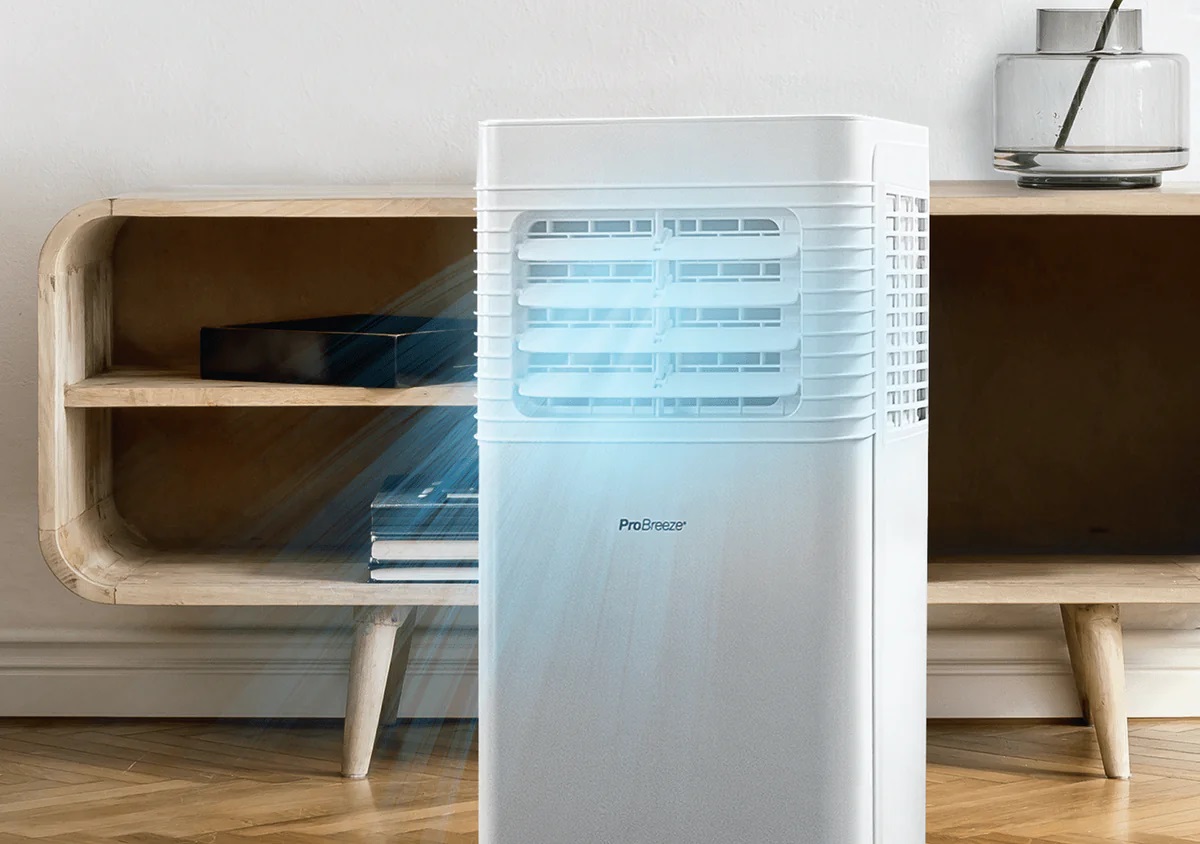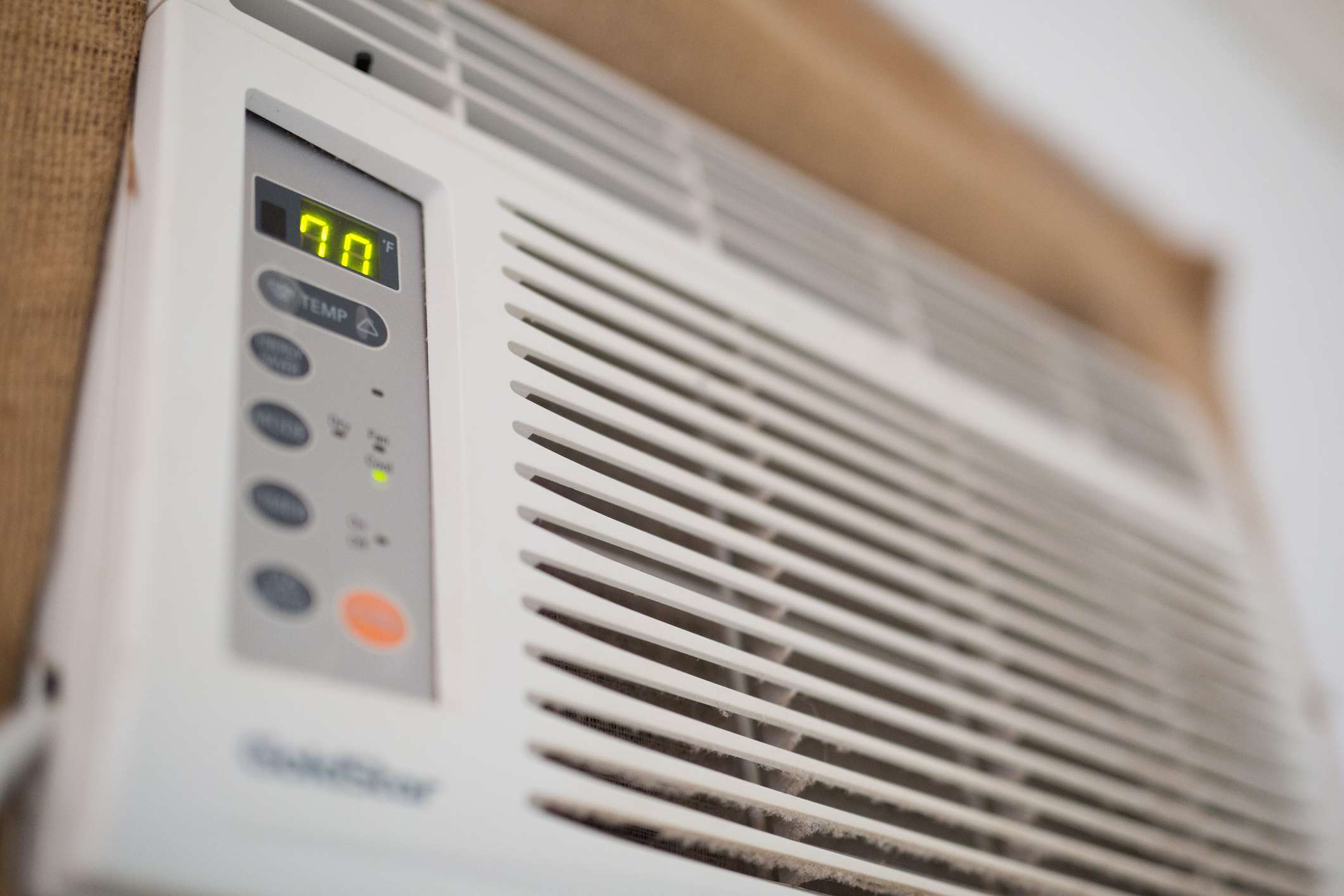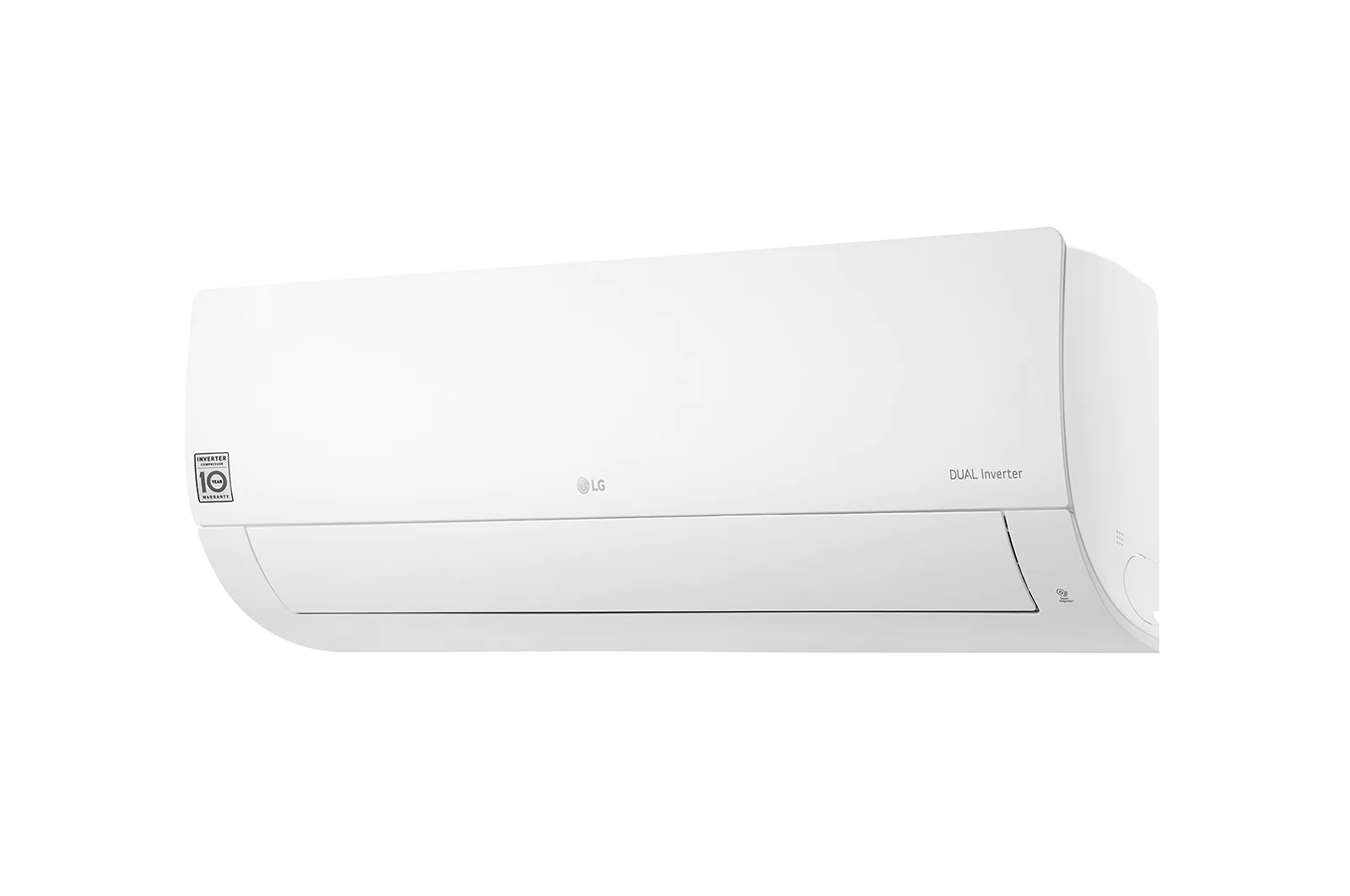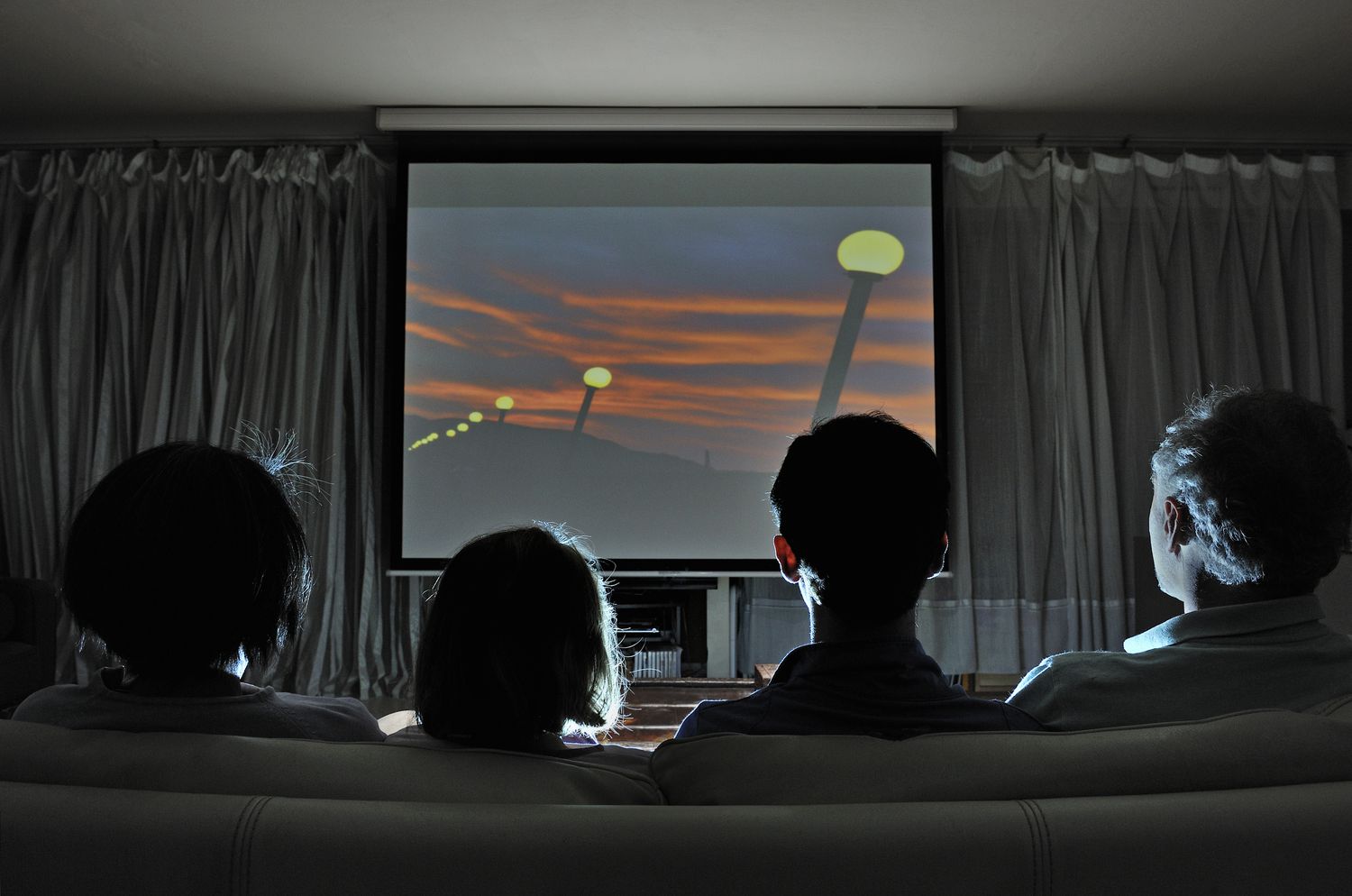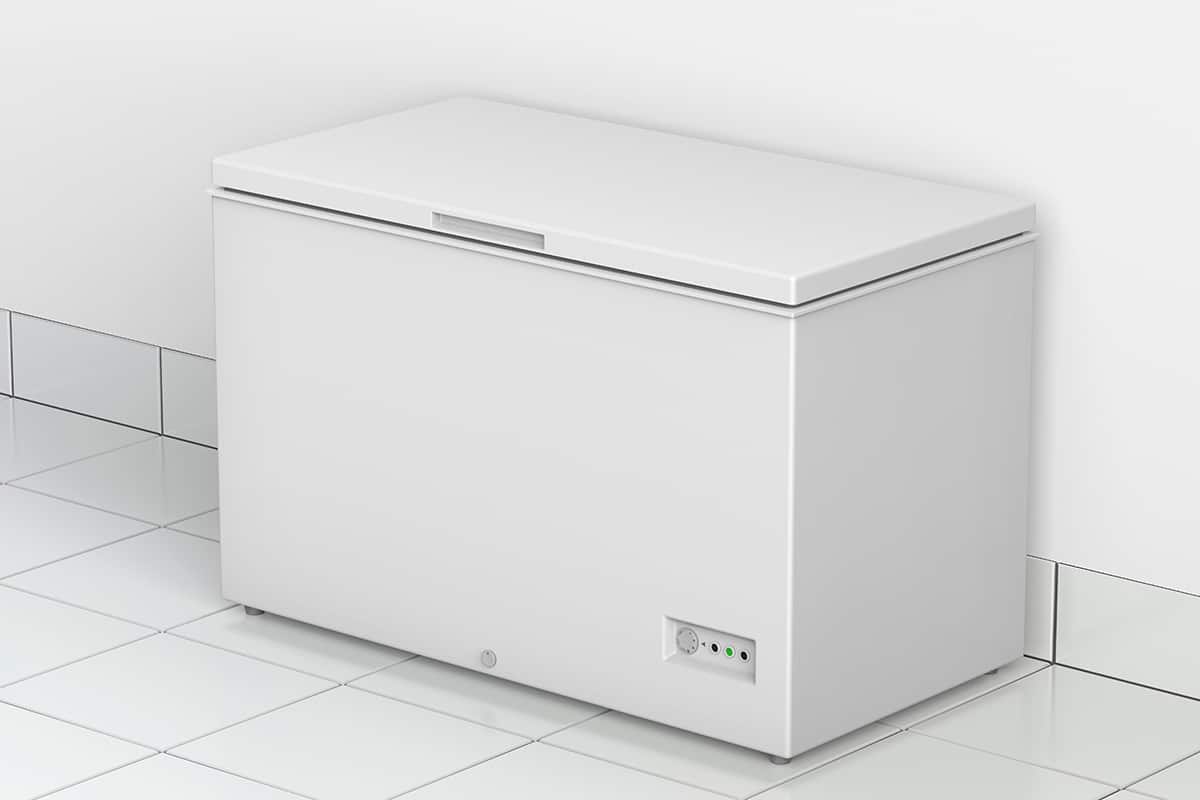Home>Home Maintenance>How Many Watts Does An 8000 Btu Air Conditioner Use
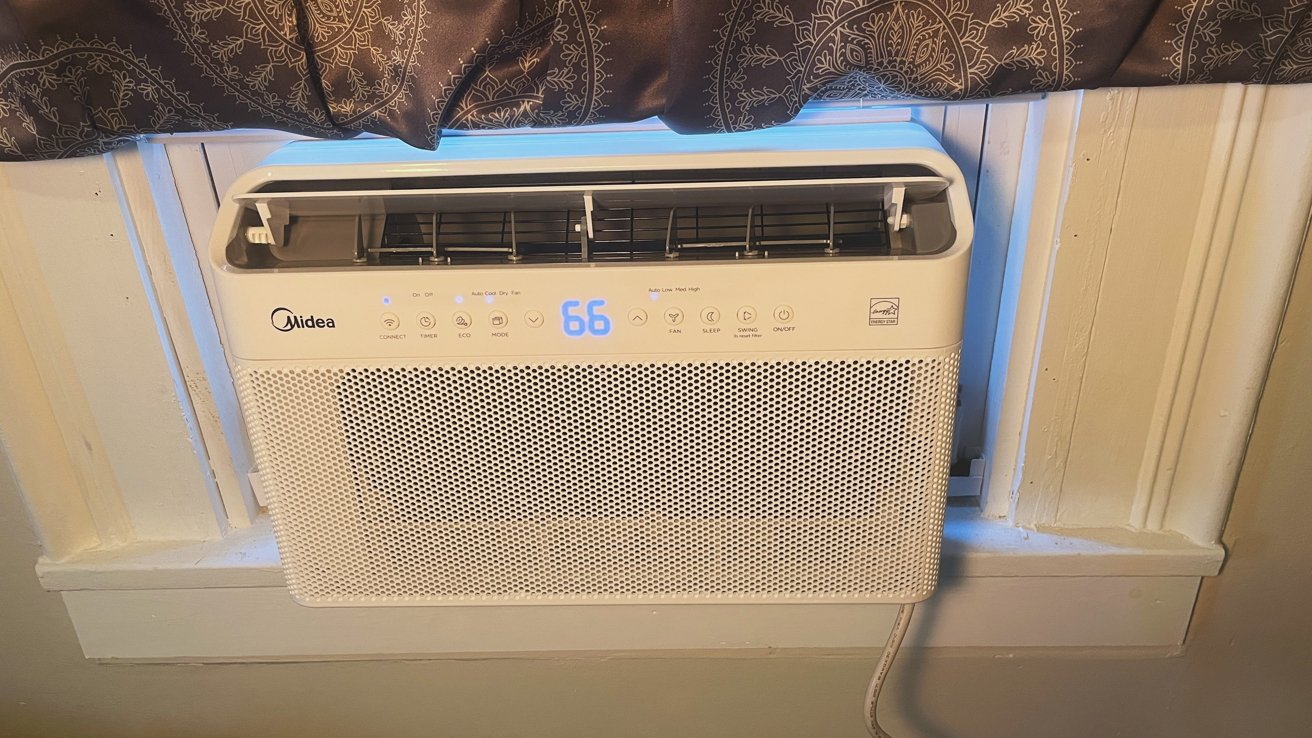

Home Maintenance
How Many Watts Does An 8000 Btu Air Conditioner Use
Modified: March 7, 2024
Find out the power consumption of an 8000 BTU air conditioner for home maintenance. Expert guide with tips to save energy.
(Many of the links in this article redirect to a specific reviewed product. Your purchase of these products through affiliate links helps to generate commission for Storables.com, at no extra cost. Learn more)
Introduction
Welcome to our comprehensive guide on how many watts an 8000 BTU air conditioner uses. If you’re in the market for a new air conditioner or are simply curious about its power consumption, you’ve come to the right place.
An 8000 BTU air conditioner is a common option for cooling small to medium-sized rooms, such as bedrooms, living rooms, or home offices. It provides an efficient cooling solution for spaces around 300-350 square feet.
Understanding how many watts an air conditioner uses is crucial for two reasons. Firstly, it helps you estimate your energy costs and make an informed decision about which air conditioner is the most energy-efficient for your needs. Secondly, it enables you to make conscious choices about conserving energy and reducing your environmental impact.
Throughout this article, we will delve into the factors that affect the power consumption of an 8000 BTU air conditioner, the typical power usage you can expect, and provide some useful tips to reduce power consumption without compromising on your comfort.
So, let’s dive in and discover how many watts an 8000 BTU air conditioner uses!
Key Takeaways:
- An 8000 BTU air conditioner typically uses 700-900 watts of power, but energy-efficient models can help lower electricity bills and reduce environmental impact.
- To reduce power consumption, set the thermostat wisely, utilize natural ventilation and fans, seal air leaks, maintain the air conditioner, and consider a programmable thermostat.
Understanding BTU and Power Consumption
Before we jump into the specifics of power consumption, let’s first understand what BTU (British Thermal Unit) is and its relationship to air conditioners.
BTU is a unit of measurement that represents the amount of heat energy an air conditioner can remove from a room in one hour. The higher the BTU rating, the more cooling power the air conditioner has. In the case of an 8000 BTU air conditioner, it can remove 8000 BTUs of heat per hour.
Now, let’s talk about power consumption. Power consumption refers to the amount of electrical energy an appliance or device uses over a specific period of time, typically measured in watts. In the case of air conditioners, power consumption tells us how much electricity they consume to provide the desired cooling effect.
When it comes to air conditioners, understanding the relationship between BTU and power consumption is essential. The power consumption of an air conditioner is directly related to its BTU rating, but it also depends on various other factors that we will explore later.
Generally, higher BTU air conditioners consume more power because they have larger compressors and fans to handle the increased cooling capacity. However, it’s important to note that not all air conditioners with the same BTU rating have the same power consumption. Energy-efficient models are designed to provide the same cooling effect while using less energy, resulting in lower power consumption.
So, when shopping for an 8000 BTU air conditioner, be sure to check the power consumption specifications to understand its energy efficiency. Opting for a more energy-efficient model can save you money on your electricity bills in the long run.
In the next section, we will explore the factors that can affect the power consumption of an 8000 BTU air conditioner.
Factors that Affect Power Consumption of an 8000 BTU Air Conditioner
Several factors can influence the power consumption of an 8000 BTU air conditioner. Understanding these factors will help you make informed decisions about energy usage and potentially reduce your electricity costs. Let’s explore them:
- Thermostat Setting: The temperature at which you set the thermostat directly affects the power consumption of your air conditioner. The lower the temperature, the longer the compressor and fan will run, resulting in higher power usage. Adjusting your thermostat to a higher temperature can help reduce power consumption.
- Climate and Insulation: The climate you live in and the level of insulation in your space also impact power consumption. Air conditioners have to work harder in hotter climates and poorly insulated spaces, as they need to overcome the heat transferring in from outside. Proper insulation and weatherstripping help create a more energy-efficient environment, reducing power consumption.
- Air Conditioner Efficiency: Energy-efficient air conditioners with high SEER (Seasonal Energy Efficiency Ratio) ratings consume less power. Look for air conditioners with ENERGY STAR® certification, as they meet strict efficiency guidelines set by the U.S. Environmental Protection Agency. Investing in a more efficient air conditioner can help you save on electricity bills over time.
- Usage Patterns and Maintenance: How often and for how long you use your air conditioner, as well as its regular maintenance, can affect power consumption. Keeping filters clean, ensuring proper airflow, and scheduling regular maintenance checks can optimize the performance of your air conditioner, reducing power usage.
- Additional Features: Air conditioners may come with additional features like timers, sleep modes, and energy-saving settings. Utilizing these features effectively can help regulate temperature and reduce power consumption when the space is unoccupied or during nighttime hours.
It’s important to consider all these factors when using your 8000 BTU air conditioner to make the most energy-efficient choices. By doing so, you can enjoy a comfortable and cool environment while keeping your energy consumption in check.
In the next section, we will discuss the typical power usage you can expect from an 8000 BTU air conditioner.
An 8000 BTU air conditioner typically uses around 700-800 watts per hour. To calculate the exact usage, multiply the BTU by 0.09.
Typical Power Usage of an 8000 BTU Air Conditioner
Now that we have a better understanding of the factors that can affect power consumption, let’s explore the typical power usage of an 8000 BTU air conditioner.
An 8000 BTU air conditioner generally requires around 700-900 watts of power to operate. However, it’s essential to note that this is an average estimation, and the actual power usage can vary based on various factors such as the brand, model, and energy efficiency rating of the air conditioner.
During the cooling process, the air conditioner’s compressor and fan run simultaneously to remove heat from the room and circulate cool air. The compressor is responsible for cooling the refrigerant, while the fan circulates the conditioned air throughout the space. The power consumption of both components contributes to the overall energy usage.
In addition to the cooling mode, air conditioners may have other modes such as fan-only mode or energy-saving mode. These modes typically consume less power as they operate without the compressor. Engaging these modes when full cooling is not required can help reduce power consumption.
It’s important to remember that power consumption can increase if the air conditioner has to work harder to cool a space due to factors such as extreme outdoor temperatures or inadequate insulation. Monitoring and optimizing the usage patterns, temperature settings, and energy-saving features can help keep power consumption in check.
Keep in mind that power consumption is not the only factor to consider when choosing an air conditioner. Energy-efficiency ratings, like the SEER rating, provide a better measure of how efficiently an air conditioner utilizes energy. Higher SEER-rated air conditioners are designed to provide the same cooling effect while using less power, which can result in lower energy bills.
In the next section, we will provide some useful tips to help you reduce power consumption and make your 8000 BTU air conditioner more energy-efficient.
Tips to Reduce Power Consumption
Reducing power consumption not only helps save on electricity bills but also promotes energy efficiency and reduces your environmental impact. Here are some practical tips to make your 8000 BTU air conditioner more energy-efficient:
- Set the thermostat wisely: Avoid setting the thermostat lower than necessary. Every degree increase can significantly impact power consumption. Aim for a comfortable temperature rather than an excessively cool one.
- Utilize natural ventilation: Take advantage of cooler evenings or early mornings by opening windows and allowing natural airflow to cool down your space. This can help reduce the need for constant air conditioning.
- Make use of fans: Ceiling fans or portable fans can help circulate cool air and create a wind-chill effect, making the room feel cooler without relying solely on the air conditioner. Using fans in conjunction with the air conditioner can help reduce the workload and power consumption of the air conditioner.
- Seal air leaks and insulate: By sealing air leaks and improving insulation in your space, you can prevent cool air from escaping and reduce the workload on your air conditioner. Weatherstripping doors and windows, adding insulation to walls and ceilings, and using curtains or blinds to block out sunlight can all contribute to energy savings.
- Utilize energy-saving features: Take advantage of the energy-saving modes, timers, and sleep settings that come with your air conditioner. These features can help regulate temperature and reduce power consumption when the room is unoccupied or during nighttime hours.
- Maintain your air conditioner: Regular maintenance is crucial to keep your air conditioner running efficiently. Clean or replace filters regularly to ensure proper airflow and prevent dust and debris from accumulating. Schedule professional maintenance checks to ensure the system is in optimal condition.
- Consider a programmable thermostat: Investing in a programmable thermostat allows you to set temperature schedules and automate temperature adjustments based on your daily routine. This helps optimize energy usage and reduce power consumption.
By implementing these tips, you can actively reduce the power consumption of your 8000 BTU air conditioner and create a more energy-efficient and cost-effective cooling solution for your space.
Now that you have a better understanding of power consumption and some strategies to reduce it, let’s wrap up this guide.
Conclusion
Understanding the power consumption of an 8000 BTU air conditioner is essential for making informed decisions about energy usage and optimizing efficiency. By considering factors such as thermostat settings, climate, insulation, air conditioner efficiency, usage patterns, and maintenance, you can reduce power consumption without sacrificing your comfort.
Typically, an 8000 BTU air conditioner consumes around 700-900 watts of power. However, it’s crucial to note that the actual power usage can vary based on various factors specific to your air conditioner and environment.
To make your air conditioner more energy-efficient, follow these tips: set the thermostat wisely, utilize natural ventilation and fans, seal air leaks and insulate, utilize energy-saving features, maintain your air conditioner, and consider a programmable thermostat. These strategies can help you reduce power consumption, lower electricity bills, and minimize your environmental impact.
Remember, energy efficiency doesn’t stop at your air conditioner. Adopting other energy-saving practices, such as using energy-efficient lighting and properly insulating your home, will further enhance your efforts in reducing overall energy consumption.
As you explore the world of air conditioners, keep in mind that energy efficiency ratings, like the SEER rating, are also important indicators of an air conditioner’s energy performance. Consider investing in models with higher SEER ratings to maximize energy efficiency and long-term savings.
We hope this comprehensive guide has provided you with valuable insights into understanding the power consumption of an 8000 BTU air conditioner and tips to reduce it. By implementing these strategies and making conscious choices about energy usage, you can enjoy a cool and comfortable living space while minimizing your environmental footprint.
Stay cool, save energy, and enjoy the benefits of a well-balanced and energy-efficient home!
Frequently Asked Questions about How Many Watts Does An 8000 Btu Air Conditioner Use
Was this page helpful?
At Storables.com, we guarantee accurate and reliable information. Our content, validated by Expert Board Contributors, is crafted following stringent Editorial Policies. We're committed to providing you with well-researched, expert-backed insights for all your informational needs.
